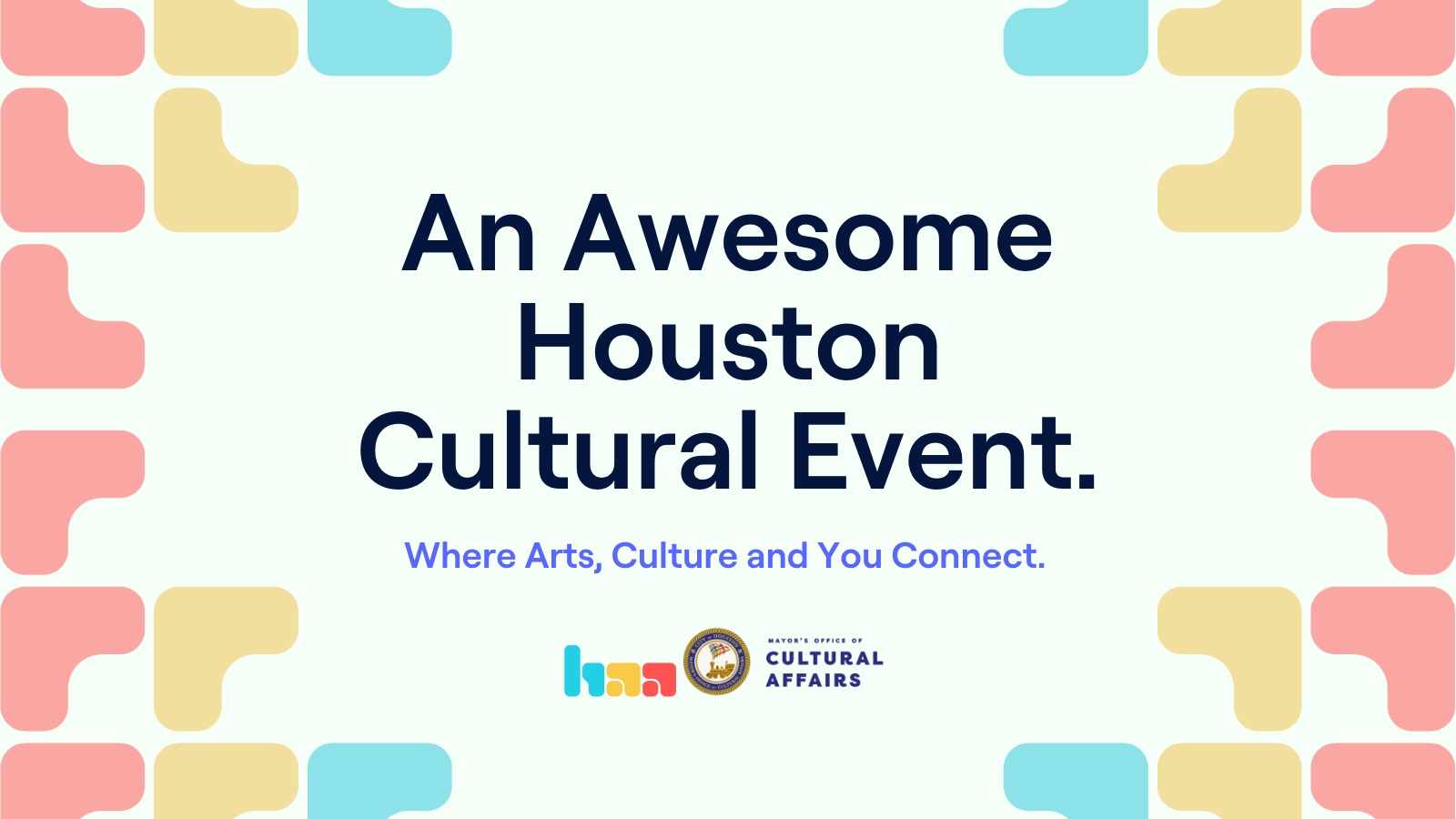
Explore how we can perceive, and welcome, the ghosts living in the bones of our profession, our communities, and our individual lives.
Embedded in our ethical codes is an implicit assumption that we can successfully attain a kind of professional purity. If we follow the rules diligently, we can stay on the proper side of a divide between “ethical” practitioners and “unethical” practitioners. This may lead to two different false assurances – one, that our work is somehow shadowless, without flaw or potential harm to clients, or two, that the codes themselves are sufficient guides to ensure ethical practice. Lurking behind this fantasy of purity is a deeper belief that somehow we can escape our complicity in systems that are always flawed, protective of those with power, and built with old, outdated, or problematic assumptions that have retreated into the fog of history.
Another path – the one eloquently proposed by philosopher Alexis Shotwell in Against Purity: Living Ethically in Compromised Times – is an acceptance that we will always live and practice within the tensions between ethical and unethical, helpful and unhelpful, past and present, conscious and unconscious. Rather than endlessly pursuing a perfection that forever retreats from us, we can accept our interdependence and participation in the whole: good and bad, harmful and healing. Using film, lecture, and discussion, we will explore how we can perceive, and welcome, the ghosts living in the bones of our profession, our communities, and our individual lives.

